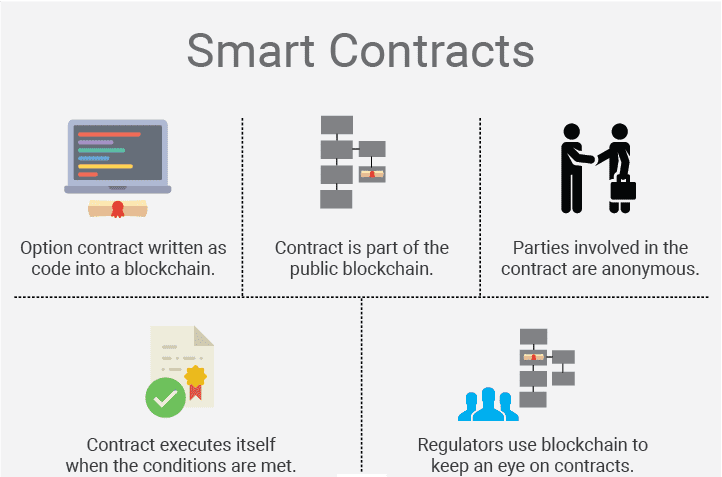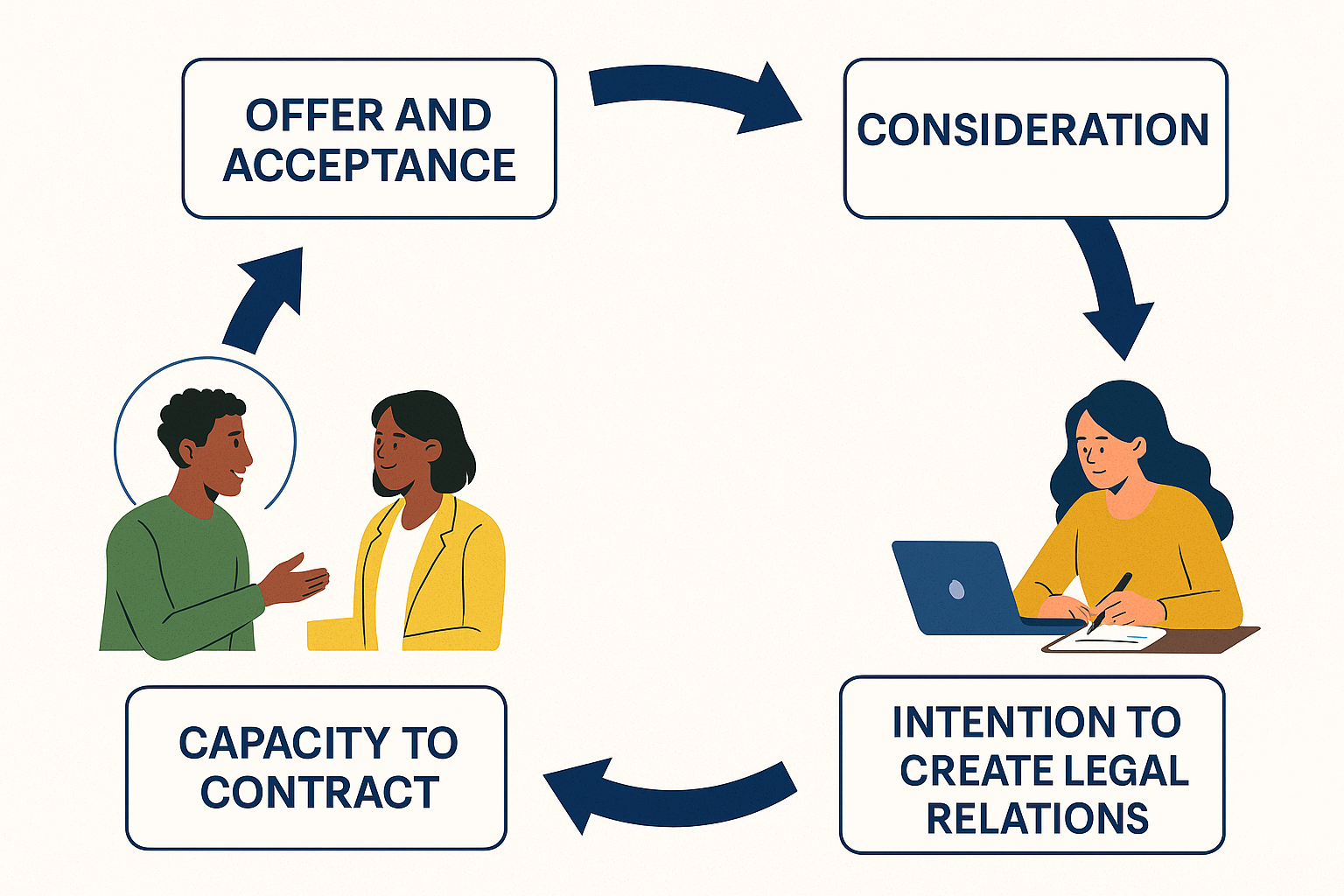How enforcable are smart contracts in Kenyan law
The buzz around blockchain isn’t just about crypto anymore smart contracts are taking center stage. These self-executing digital agreements, written in code, automatically trigger actions when conditions are met. But in a country where the handshake and a written contract still hold serious weight, you might wonder: are smart contracts legally enforceable in Kenya?
"Smart contracts are one of the reasons blockchain technology could be so powerful." - Nasdaq
What Is a Smart Contract?
A smart contract is not a traditional contract drafted by a lawyer on paper. It’s a set of coded instructions stored on a blockchain that automatically carries out agreed terms no middleman required. Think of it like an intelligent vending machine: insert payment, and the machine releases a soda. That’s automation in action! But can Kenyan courts recognize and enforce such “paperless” agreements?
The Legal Landscape in Kenya
Kenya’s legal system is progressive think Huduma Namba, digital land records, and mobile money innovation. Yet, when it comes to contract law, we still rely on traditional principles found in the Law of Contract Act (Cap 23) and the broader common law. Under Kenyan law, a valid contract must meet these four elements:
- Offer and Acceptance
- Consideration (something of value exchanged)
- Intention to create legal relations
- Capacity to contract
Smart contracts can technically meet all these elements offer and acceptance are coded, consideration is often in crypto or tokens, and intention is embedded in the transaction itself. But one big question remains: will a Kenyan court interpret code as enforceable legal language?

What the Courts Say
So far, there’s no direct Kenyan court decision on smart contracts. However, in the case of Kenya Commercial Bank v Osebe [1982] KLR, the court emphasized that a contract can be formed by conduct, not just written words. This opens the door to recognizing automated actions like those in smart contracts as legally significant. Globally, jurisdictions like the UK and Singapore are moving toward acknowledging smart contracts under existing laws. Kenya, being a fintech leader in Africa, is likely to follow this trend, especially with growing government interest in blockchain.
Data, Disputes & Digital Proof
One big win for smart contracts is immutability once deployed, they can’t be altered. This offers solid proof in case of a dispute. However, real-world issues like fraud, errors in code, or external factors may still require court intervention.
Kenya’s Data Protection Act, 2019 and the Computer Misuse and Cybercrimes Act provide a framework for digital interactions and may soon be stretched to address blockchain-related disputes.
If you’re in fintech, real estate tokenization, or building a decentralized platform, smart contracts can save time, cut costs, and reduce disputes. But you’ll need a lawyer who understands the code and the court to help you navigate enforceability. At EKC Advocates, we bridge the gap between innovation and legal protection. If you’re building smart contract-based products or transacting in digital ecosystems, contact us to ensure your agreements hold water both in blockchain and in court. Contact us today at eddah@ekcadvocates.com


The best law firm in NYC! They explain everything to you and they are very generous and helpful. The lawyers are excellent and very respectful. I highly recommend the Avvocato law firm.